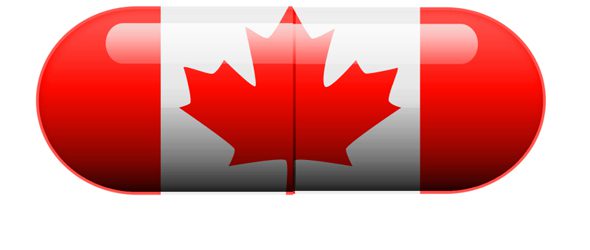pharmaceuticals
Pharmacare: A prescription for addressing racism we can actually fill
Pregnant women warned to avoid some pain-relief drugs
Should biosimilar drugs be artificially promoted in Canada?
We must address conflicts of interest to protect our integrity
Generic drug prices could drop – if rebates are replaced with public tendering
Medical research: One size doesn’t fit all
Can an essential medicines list fix drug coverage gaps?
Should markups on high-cost drugs be capped?
Prescription delays for indigenous patients amount to triage by race
It’s time to examine pharma funding of doctors’ education

The pharmaceutical industry seeks to increase sales by influencing how doctors prescribe medications. To help achieve this goal, it sponsors the education and ongoing training of doctors. The College of Family Physicians of Canada – the organization responsible for accrediting continuing medical education and certifying all family doctors in Canada – has expressed concern about …
Cathie
Prescription drug coverage: how does Canada compare?

When Jennifer* was laid off, it wasn’t paying the mortgage she was worried about – it was paying her drug bill. The $24,000-a-year cost of Enbrel, used to treat her rheumatoid arthritis, had been covered by her employer. She remembers sitting in the boardroom being told she had been let go, thinking, “I’m going to …
Is Canada paying too much for generic biological drugs?

In an earlier article, we discussed the importance of post-patent competition in generating social value from the pharmaceutical market. Generic competition gives people access to less expensive drugs and allows society to recapture value from patent holders. This topic is currently relevant because numerous major biopharmaceutical patents, including Remicade, Humira, and Lucentis, are set to …
Generic drugs: Canada needs more competition

Pharmaceutical innovations are the ultimate public good. They are ideas that make it possible for society to address otherwise unmet health care needs. As ideas, however, they are also hard to find and easy to copy. As such, fostering valued, pharmaceutical innovation is a policy paradox. In a truly “free market,” no firm would have …
How do we deliver on the promise of personalized medicine?

In his State of the Union address, Barack Obama announced the intent to invest in personalized or “precision” medicine – the tailoring of treatments to an individual’s genetic code. Canadian funding agencies have also enthusiastically supported this idea, and all University of Toronto-affiliated hospitals promote their institutions’ forays into personalized or precision medicine. Collectively, these …
Regulators grapple with Canada’s first generic biologic drug

Biologic drugs have revolutionized treatments for diseases from cancer to multiple sclerosis. But because they’re developed out of living organisms, they’re more expensive than conventional drugs, adding to the strain on publicly funded drug plans. Fortunately, a new shift should make them cheaper. Many biologics will soon have their patents expire. That means Subsequent Entry Biologics (SEB) – which are …
Should pharmacies sell natural health products?

Suffering from migraines, back pain, acne, diarrhea or constipation? Rexall pharmacies have a product that might help, but it’s not medication or an over-the-counter fix. Rather, it’s an IgG test called Hemocode that looks for 250 food intolerances – and costs $450. The test, which is done off-site, returns results that the pharmacist shares with …
Canadian provinces take first steps towards lower drug prices

Prescription drugs provide important benefits to patients, and are an essential component of the health care system. They also have significant costs: Canadians spent roughly $35 billion on drugs in 2013, or about 16% of total health care spending. Drug costs have put significant strain on provincial budgets. In response, most of Canada’s provinces and …
The greatest advances during my medical career

During this week’s The Rounds Table, Amol Verma (a senior medical resident) mentions that he thinks that the introduction of a new class of blood thinners – New Oral Anticoagulants (NOAC) – is the most important pharmaceutical advance that he has seen to date in his career. I was a bit surprised by that, but …









